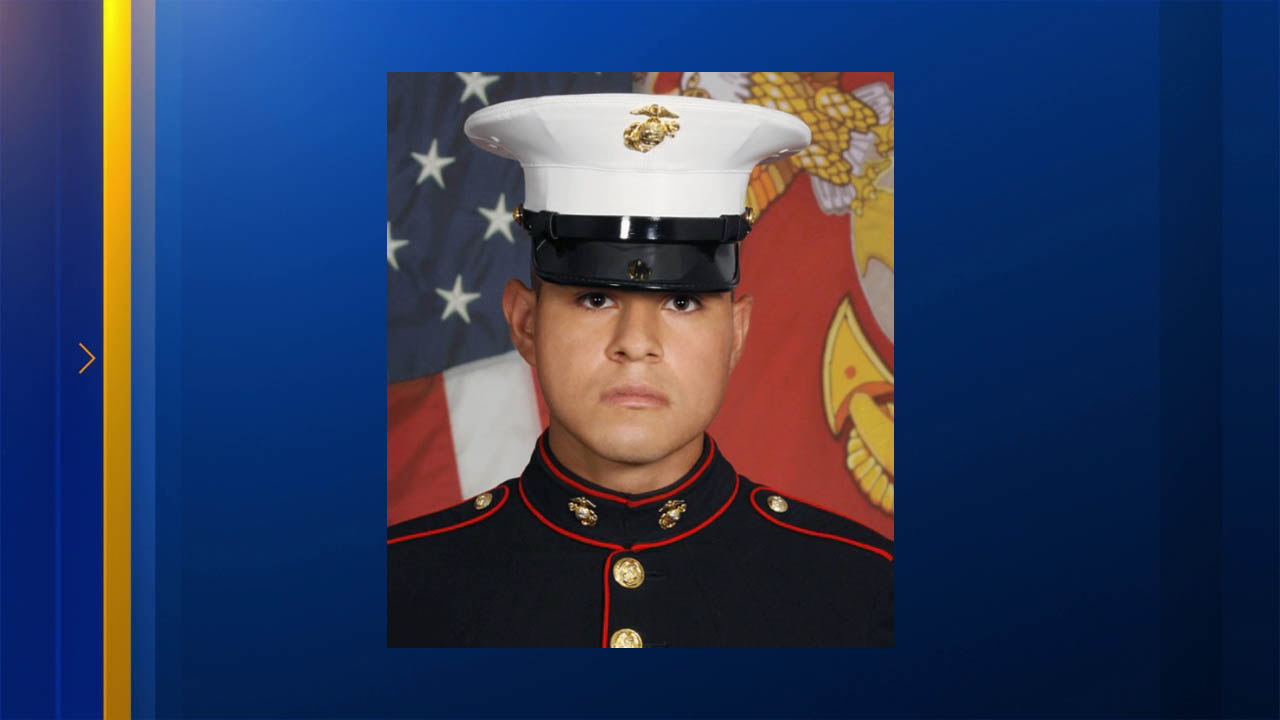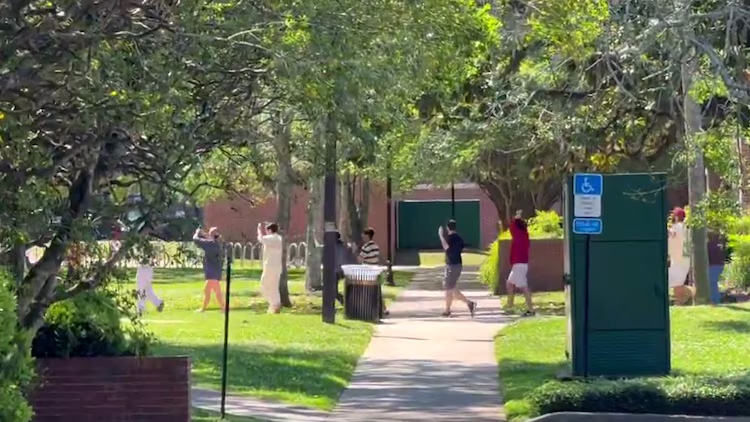Police say one of the London Bridge attackers was previously known to authorities

One of the three men who were shot and killed by police following the terrorist attack that killed seven people in London on Saturday night was previously known to authorities as a potential threat.
The Metropolitan Police released the names and photographs of two men, identified as Khuram Shazad Butt, 27, a British citizen of Pakistani descent, and Rachid Redouane, 30, who claimed to be Moroccan and Libyan. Police say they are still working to confirm the identity of the third attacker.
According to the police, Butt was known to authorities, while Redouane was not. "There was no intelligence to suggest that this attack was being planned and the investigation had been prioritised accordingly," the police said in a statement.
The Islamic State's Amaq News Agency posted a message on Telegram on Sunday claiming that the vehicle and stabbing attack was carried out by ISIS fighters.
Butt was featured in a 2016 documentary on the British Channel 4 called "The Jihadis Next Door" alongside members of a group that openly campaigned for Sharia law.
In one scene, which appears to have occurred in July of 2015, Butt can be seen praying with members of the group in front of a black flag. They are shown being confronted by police, and according to the documentary, were detained for an hour and released without any charges.
According to Alexander Meleagrou-Hitchens, research director of George Washington University's Program on Extremism, there are about three thousand people authorities considered possible threats, and this group was among the most extreme.
"They know that these guys were very sympathetic to [the Islamic State] and wider jihadist ideology," Hitchens told ABC News. "The members of this network which number probably around in the hundreds are on the more dangerous end of the spectrum."
Both men were from Barking in East London, where police arrested 12 people - seven women and five men - and searched six properties in the ongoing investigation. All of them have since been released without charge.
Neighbors have suggested the police could have done more.
"I did my bit," one anonymous neighbor who said he called police to report Butt told the BBC. "I know a lot of people did, but the authorities did not do their bit."
The Jabir bin Zayid Islamic Centre, where Butt was an occasional worshipper, released a statement condemning the attack and saying that Butt was asked to leave the mosque after interrupting a sermon several years ago.
"Many hundreds of people pray at the Jabir Bin Zayid each week, the person that we now know to be Khurram Butt would infrequently attend this mosque, we did not know him well, his name was not known to us, it has been brought to our attention that some years ago after interrupting a Friday sermon he was asked to leave the mosque," the statement reads.
Authorities told ABC News the three men had been waiting for several months to attack and that their decision to act could have been triggered by a message posted by ISIS just hours earlier, urging followers to attack during Ramadan with vehicles, guns and knives.
ABC News' James Meek, Pete Madden and Randy Kreider contributed to this story.






